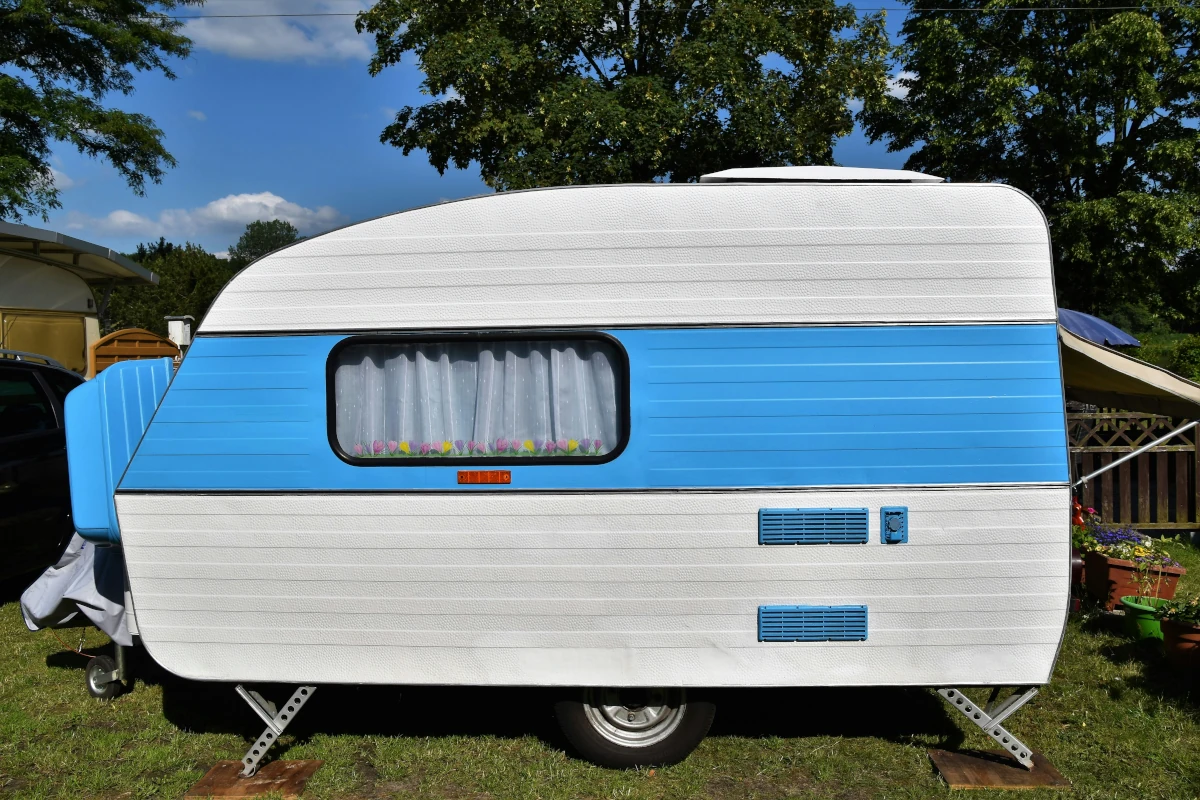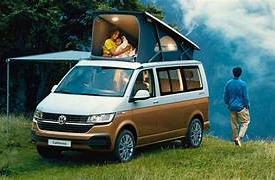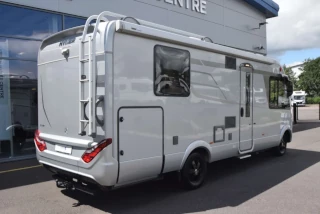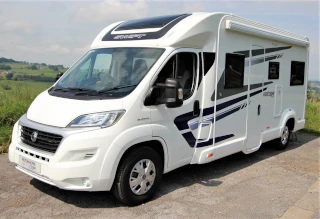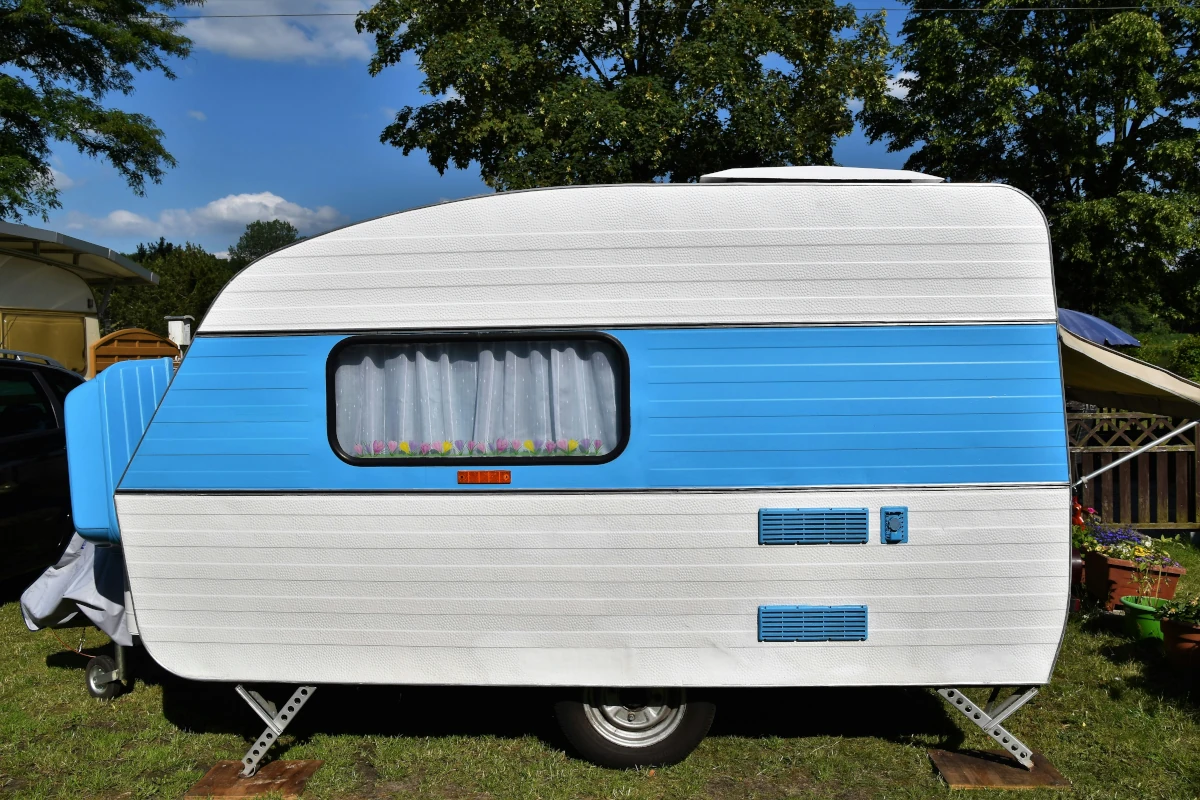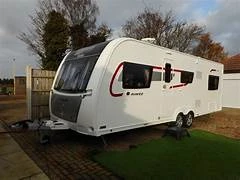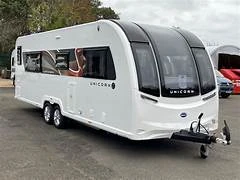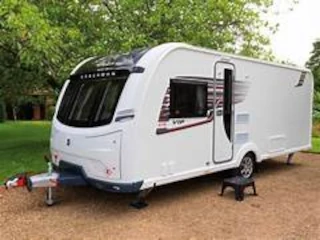Motorhomes or Caravans: The Ultimate Guide in Choosing Your Perfect Travel Companion
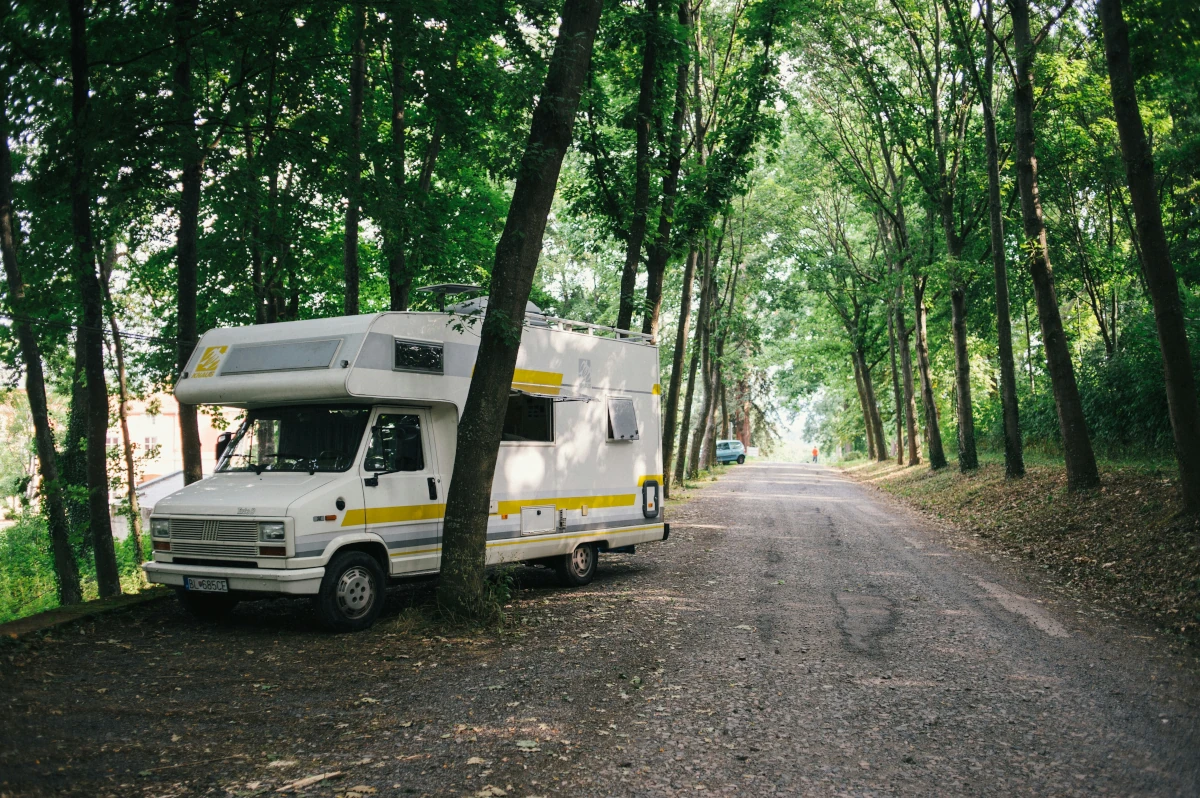
Photo by Brice Cooper on Unsplash
Introduction to Motorhomes and Caravans
When planning an outdoor expedition, having a suitable travel companion is crucial. Two popular choices for the road are motorhomes and caravans. Both options have their own set of unique features and advantages, but choosing between the two can be a daunting task. In this article, we will discuss the benefits and drawbacks of each, important factors to consider when making a decision, popular models and their features, personal experiences from owners, and tips for maintaining your chosen vehicle.
Pros and Cons of Motorhomes
Pros and Cons of Caravans
Caravans, on the other hand, are towed behind a vehicle and offer a more traditional camping experience. They come in various sizes and layouts, allowing you to choose the one that best suits your needs. One of the main advantages of caravans is that they are generally more affordable than motorhomes. You can find a wide range of options to fit different budgets and preferences..
Caravans also provide the freedom to unhitch and explore your surroundings without having to take your entire home with you. This can be particularly useful if you plan on spending extended periods of time in one location or if you prefer to use a separate vehicle for day trips and excursions. However, keep in mind that setting up and packing up a caravan can take some time and effort.
Here is a summary of the pros and cons of the two types of vehicles, which hopefully, will help you in choosing the better option:
Caravan
Cost:
- €29,873 to €168,560 (depending on the size)
Pros
- Requires less annual maintenance
- Spacious interior with various layouts and amenities
- Storage space, Kitchenette, Bathroom facilities
- Convenient
- Cost-effective initial purchase
- Can be uncoupled at the destination, allowing freedom to explore with your towing vehicle.
- Easy to park at secure campsites and navigate through narrow roads.
Cons
- May need to be replaced sooner, if damp issues arise.
- Requires a towing vehicle, which adds to the initial cost
- Can be challenging to manoeuvre for inexperienced drivers.
- Setting up and packing away can be time-consuming.
- Limited storage capacity
- May not be suitable for spontaneous travel due to the uncoupling process.
Motorhome
Cost:
- €104,887 to €940,000 with good resale value (depending on the size)
Pros
- Integrated living space and vehicle
- Convenience during long cross-country travel.
- Spacious interior with various amenities, offering a comfortable living environment.
- Better choice for spontaneous and light travel, as it requires less set-up and offers more flexibility in terms of parking locations
- Easy to set up and manoeuvre at campsites and during travel.
- Suitable for long cross-country road trips without the need for uncoupling
- Can be driven with a regular open licence
Cons
- Ongoing running costs, including taxing, MOT, and servicing, are higher
- Higher initial purchase cost compared to caravans, as they offer both a vehicle and accommodation in one
- Requires additional driving training and licensing for larger models.
- Higher ongoing running costs including fuel, maintenance, and insurance.
- Limited parking options in urban areas due to size.
- Free camping poses a higher risk of theft and vandalism
Driving Licence Requirement For Motorhomes and Caravans in Europe
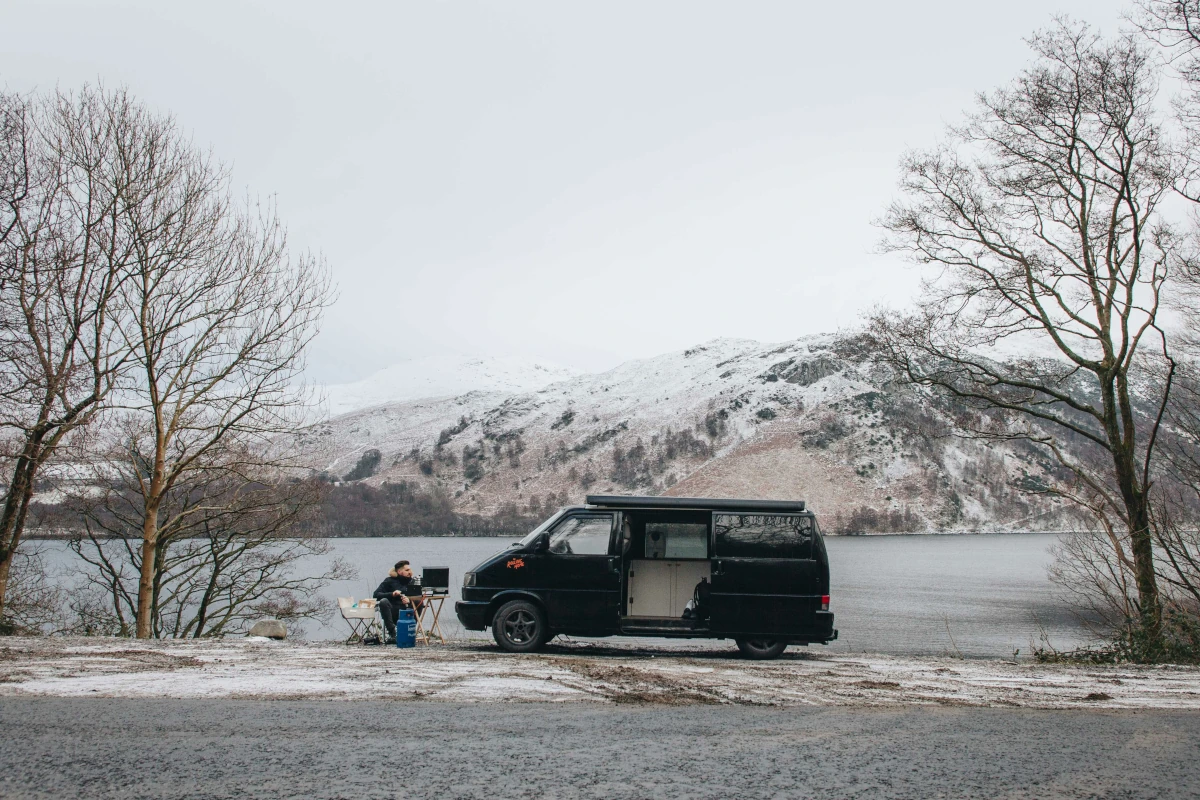
Photo by Luke Porter on Unsplash
Driving Licence Requirement For A Motorhome
In Europe, the requirements for driving a motorhome vary depending on the weight and size of the vehicle. Generally,
- if your motorhome weighs less than 3.5 tonnes, you can drive it with a standard car driving license (often referred to as a Category B license)(Class B)[1].
- However, if your motorhome exceeds this weight limit, you may need to obtain a special license.
- For larger motorhomes, typically those weighing over 3.5 tonnes, you might need to obtain a Category C1 license [2]. This license allows you to drive vehicles weighing between 3.5. For vehicles over 3.5 tonnes, you may require a special license or undergo additional training,[8].
- Some countries may also require additional training or testing beyond just obtaining the license.
- It’s essential to check the specific regulations of the country you plan to travel through or reside in, as there can be variations in licensing requirements across Europe. Always verify specific requirements with your local Department of Motor Vehicles or equivalent authority.
Driving Licence Requirement For A Caravan
If you have a standard driving license (often referred to as a Category B license) [1], you can typically drive a caravan as long as it falls within certain weight limits.
Here’s a general guideline:
- Category B License: This is the standard driving license most people have. With this license, you can usually drive a caravan as long as the combined weight of your vehicle and the caravan does not exceed 3,500 kilograms (7,716 pounds). However, there might be variations in different countries [1].
- Higher Weight Caravans: If the combined weight of your vehicle and caravan exceeds 3,500 kilograms, you may need a different type of license, such as a Category C1 or Category C license [1], depending on the country. These licenses typically allow you to drive vehicles with higher weight limits.
- Additional Requirements: Some countries may have additional requirements for towing a caravan, such as a towing test or additional safety equipment like towing mirrors. It’s essential to check the specific regulations of the country you plan to drive in.
- International Travel: If you’re planning to travel across multiple European countries, be sure to familiarise yourself with the driving regulations of each country you’ll be passing through, as they may have different requirements.
Remember, it’s crucial to research and understand the specific regulations of the country you’re visiting to ensure compliance and safe driving practices. If you’re unsure, it’s always a good idea to consult with local authorities or driving agencies for clarification.
In Europe, driving a caravan typically doesn’t require a special license.
Factors to Consider When Choosing Between a Motorhome and a Caravan
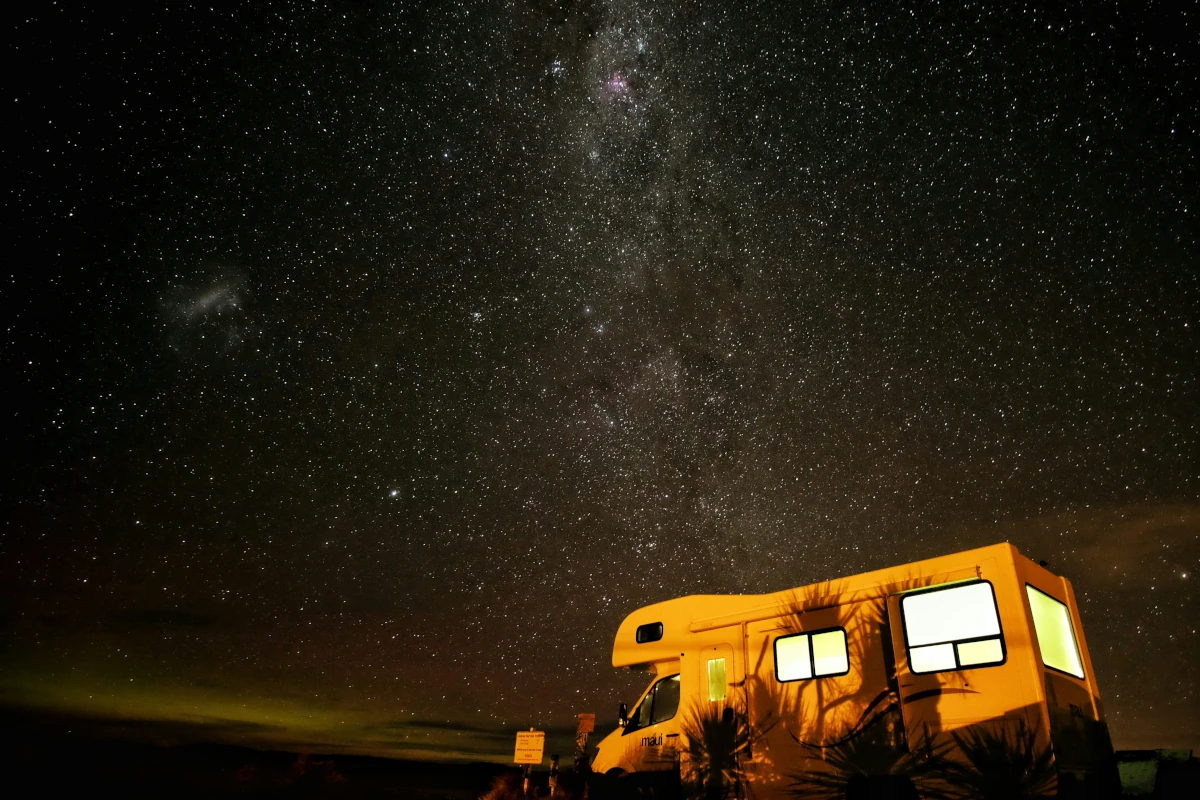
Photo by Eugene Quek on Unsplash
Now that we’ve explored the pros and cons of both motorhomes and caravans, let’s dive into the factors you should consider when making your decision. Firstly, think about your travel style and preferences. Are you someone who enjoys the convenience of having everything in one vehicle, or do you prefer the simplicity and flexibility of a towed caravan? Consider the size of your group and whether you’ll be travelling with pets or children, as this may impact your choice as well.
Another important factor to consider is your budget. Motorhomes tend to be more expensive upfront, and there are additional costs to consider such as fuel, insurance, and maintenance. Caravans, on the other hand, may require a larger vehicle for towing and you’ll need to factor in the cost of a tow bar and any additional equipment you may need. It’s important to crunch the numbers and determine what fits within your financial means.
Lastly, think about the destinations you plan to visit. Are you mainly planning on staying in campsites or do you prefer wild camping? Motorhomes are generally more self-sufficient and have larger water and waste storage capacities, making them better suited for off-grid adventures. Caravans, on the other hand, may require access to facilities such as water and electricity, which can limit your camping options.
Budget Considerations for Motorhomes and Caravans
Now that we’ve touched on budget briefly, let’s delve deeper into the financial aspects of owning a motorhome or caravan. As mentioned earlier, motorhomes tend to be more expensive upfront. Depending on the size and features you’re looking for, prices can range from a few thousand pounds to well over a hundred thousand. Additionally, keep in mind that ongoing costs such as fuel, insurance, and maintenance can quickly add up.
Caravans, on the other hand, offer a more affordable option for those on a tighter budget. Prices can vary depending on the size, age, and condition of the caravan. You can find used caravans in good condition for as little as a few hundred pounds, while new caravans can range from a few thousand to tens of thousands of pounds. However, remember to factor in the cost of a suitable towing vehicle if you don’t already have one.
It’s also worth considering the depreciation of your investment. Motorhomes tend to depreciate faster than caravans, which means you may lose more value over time. Caravans, on the other hand, tend to hold their value better, especially if they are well-maintained. Keep this in mind if you plan on selling your vehicle in the future.
Popular Motorhome Models and Their Features
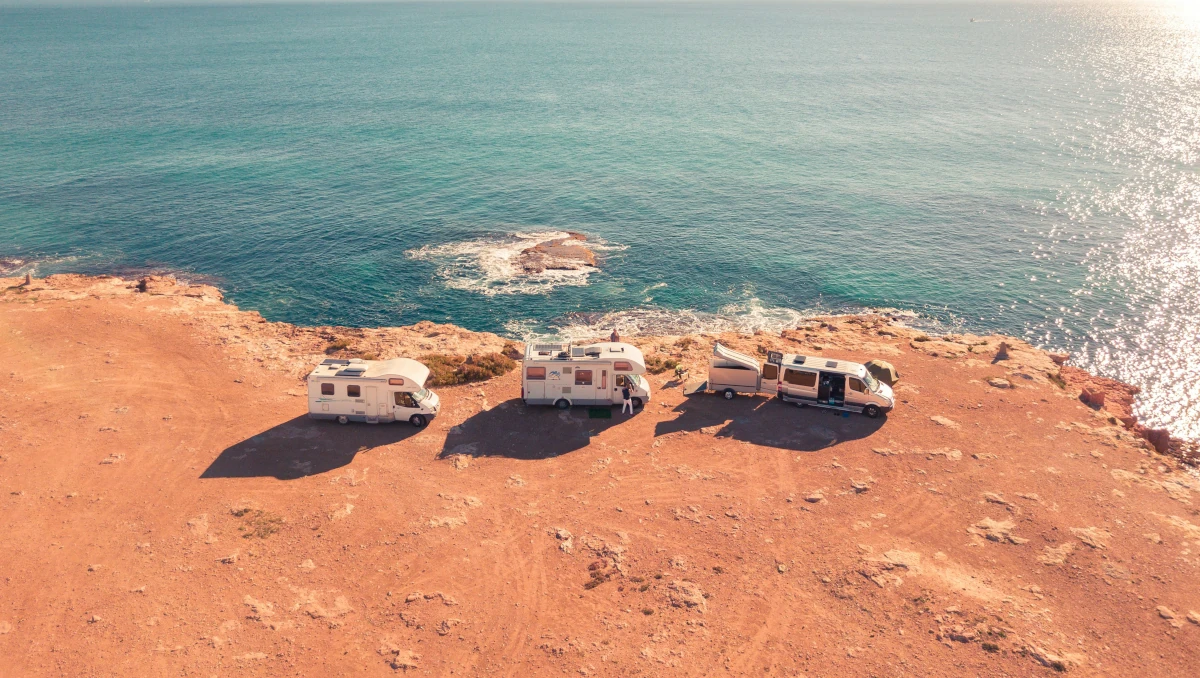
Photo by Willian Justen de Vasconcellos on Unsplash
Now that we’ve discussed the financial aspects, let’s take a look at some popular motorhome models and their features. The motorhome market offers a wide range of options, from compact campervans to luxurious Class A motorhomes. Here are a few popular models to consider:
- Volkswagen California: This iconic campervan offers a compact yet functional living space. It features a pop-up roof, a small kitchenette, and a comfortable sleeping area. The Volkswagen California is perfect for those seeking a compact and versatile motorhome.
- Hymer B-Class ModernComfort: If you’re looking for a more spacious and luxurious option, the Hymer B-Class ModernComfort might be the one for you. It offers a range of layouts and features, including a fully-equipped kitchen, a spacious bathroom, and a comfortable sleeping area.
- The Swift Escape: The Swift Escape is a popular choice for those on a budget. It offers a range of layouts and sizes to suit different needs. Despite its affordability, the Swift Escape doesn’t compromise on quality and features.
These are just a few examples, and there are many more motorhome models available on the market. It’s important to do your research and find the one that best fits your needs and budget.
Popular Caravan Models and Their Features
Now, let’s turn our attention to popular caravan models and their features. Caravans come in various shapes and sizes, offering a range of layouts and features to suit different preferences. Here are a few popular models to consider:
- Elddis Avante: The Elddis Avante is a lightweight and affordable caravan that offers a range of layouts and sizes. It features a comfortable living area, a fully equipped kitchen, and a spacious bathroom. The Elddis Avante is perfect for those on a budget who still want a comfortable and well-equipped caravan.
- Bailey Unicorn: The Bailey Unicorn is known for its luxurious features and high-quality craftsmanship. It offers a range of layouts and sizes, with attention to detail and modern design. If you’re looking for a touch of luxury on your travels, the Bailey Unicorn might be the perfect choice.
- Coachman VIP: The Coachman VIP is a premium caravan that offers a range of high-end features. It features a spacious and well-designed interior, with attention to detail and luxurious finishes. The Coachman VIP is perfect for those who want to travel in style and comfort.
These are just a few examples of popular caravan models, and there are many more options available. It’s important to consider your needs and preferences when choosing the right caravan for you.
Personal Experiences and Testimonials from Motorhome and Caravan Owners
To give you a better understanding of what it’s like to own a motorhome or caravan, let’s hear from some owners who have first-hand experience. We reached out to a few enthusiasts and here’s what they had to say:
John and Sarah, owners of a motorhome, shared, “We absolutely love our motorhome! It gives us the freedom to travel wherever we want and we always have everything we need with us. We’ve had some incredible adventures and made lifelong memories.”
It is obvious, their enthusiasm for their motorhome reflects a common sentiment among owners. Here’s why they cherish it:
-
Freedom to Travel: Their motorhome provides them with unparalleled freedom to travel wherever they desire [1].
-
The convenience of Having Everything: With their motorhome, they always have everything they need with them, ensuring a comfortable and stress-free journey [1].
-
Incredible Adventures: They’ve embarked on numerous adventures, each one more remarkable than the last, adding excitement and joy to their lives [4].
-
Lifelong Memories: Through their travels, John and Sarah have created unforgettable memories that will last a lifetime, enriching their lives with cherished moments [4].
Mark and Lisa, owners of a caravan, shared, “We enjoy the simplicity and flexibility of our caravan. It’s like having a home away from home, and we love being able to unhitch and explore our surroundings. Plus, it’s much more affordable than a motorhome!”
Both motorhome and caravan owners have different experiences and preferences and love their modes of transportation. For motorhome owners, the freedom, convenience, adventure, and memories that come along with owning one are what make it so appealing.
Maintenance and Storage Considerations for Motorhomes and Caravans
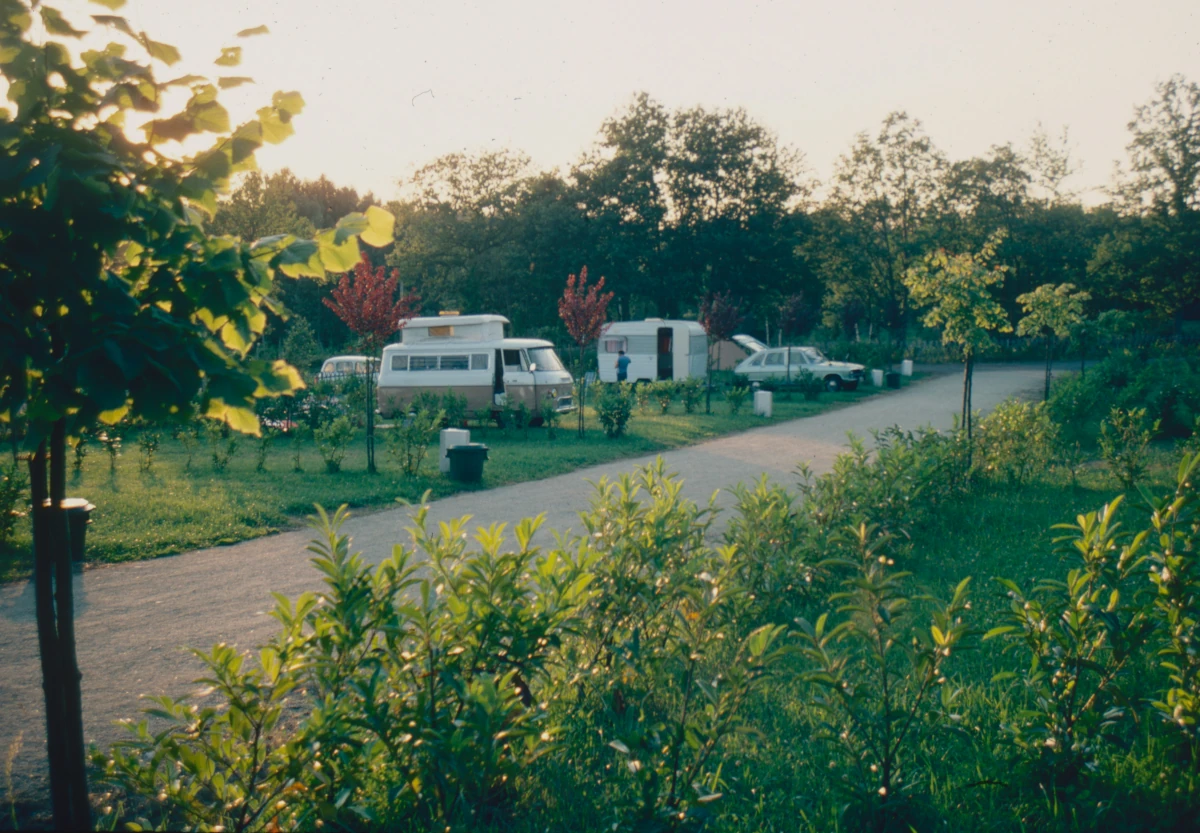
Photo by Annie Spratt on Unsplash
Before making your final decision, it’s important to consider the maintenance and storage requirements of both motorhomes and caravans. Motorhomes require regular maintenance to ensure they are in good working condition. This includes routine checks of the engine, electrical systems, and plumbing. Additionally, motorhomes may require annual servicing to maintain warranties and ensure safety on the road. It’s important to factor in these costs and the time required for maintenance.
Caravans also require regular maintenance, including checks of the chassis, bodywork, and electrical systems. Additionally, you’ll need to ensure the towing vehicle is in good condition and meets safety requirements. Caravans may also require annual servicing to maintain warranties. It’s important to have a plan for storage as well, as caravans can take up a significant amount of space when not in use.
Where to Buy Motorhomes and Caravans in Europe?

Photo by Tom Verdoot on Pexels
Listed below are ten reputable sources in Europe where you can buy motorhomes and caravans:
-
Mobile.de: A leading automotive marketplace in Germany, offering a wide range of new and used motorhomes and caravans.
-
AutoScout24: Another prominent online marketplace based in Germany, providing a variety of motorhomes and caravans for sale.
-
eBay Motors: This European arm of eBay offers an extensive selection of motorhomes and caravans from private sellers and dealerships.
-
Fruugo: A cross-border online marketplace operating in Europe, providing a diverse range of motorhomes and caravans.
-
Yescapa: A platform specialising in motorhome and campervan rentals, offering occasional use options for customers across Europe.
-
Campanda: Another reputable platform for motorhome and campervan rentals, catering to customers seeking flexible rental solutions.
-
DRM Motors: An established rental platform offering a variety of motorhome and campervan rental options in Europe.
-
Caravan Salon Düsseldorf: An annual trade fair in Germany, featuring a wide selection of motorhomes, caravans, and accessories for purchase.
-
Caravan and Motorhome Show: Hosted in various locations across Europe, this event showcases a range of motorhomes and caravans for potential buyers.
-
Local Dealerships: You can also find numerous local dealerships across Europe that offer a diverse inventory of new and used motorhomes and caravans, providing personalised service and expert guidance to buyers.
These reputable sources provide a wide range of options for purchasing motorhomes and caravans in Europe, catering to the diverse needs of buyers across the continent.
Conclusion: Making The Right Choice for Your Travel Needs
Choosing between a motorhome and a caravan is a personal decision that depends on your travel style, preferences, and budget. Motorhomes offer convenience and flexibility, while caravans provide a more traditional camping To make an informed decision, it is important to weigh the pros and cons of each option and consider the factors mentioned in this article.
Remember to do your research, test drive or tour different models, and gather insights from current owners. Both motorhomes and caravans offer endless possibilities for adventure and exploration. So whether you choose the freedom of the open road in a motorhome or the simplicity of a towed caravan, get ready to embark on an unforgettable journey and create memories that will last a lifetime.
Frequently Asked Questions:
A caravan is a towed vehicle that is attached to a separate towing vehicle, while a motorhome is a self-contained vehicle that combines both the living quarters and the driving compartment in one unit.
The Caravan and Motorhome Club is a membership organisation that provides a range of benefits and resources for caravan and motorhome enthusiasts. They offer access to a network of campsites, discounts on travel services, and a community of like-minded individuals.
The term “caravan” originated from the Middle East and referred to a group of merchants travelling together for protection and convenience. Over time, the term evolved to refer to a group of vehicles travelling together, and eventually to the towed vehicles we know today.
Joining the Caravan and Motorhome Club can be beneficial for individuals who frequently travel in caravans or motorhomes. The club offers a range of resources and benefits, including access to a network of campsites, discounts on travel services, and a community of fellow enthusiasts. However, it ultimately depends on your personal preferences and travel habits.
Affiliate Declaration:
The use of affiliate links on this website may result in earning a small commission for any purchases made, at no additional cost to you (the user). Please review our privacy and cookie policy, as well as our affiliate disclaimer.


